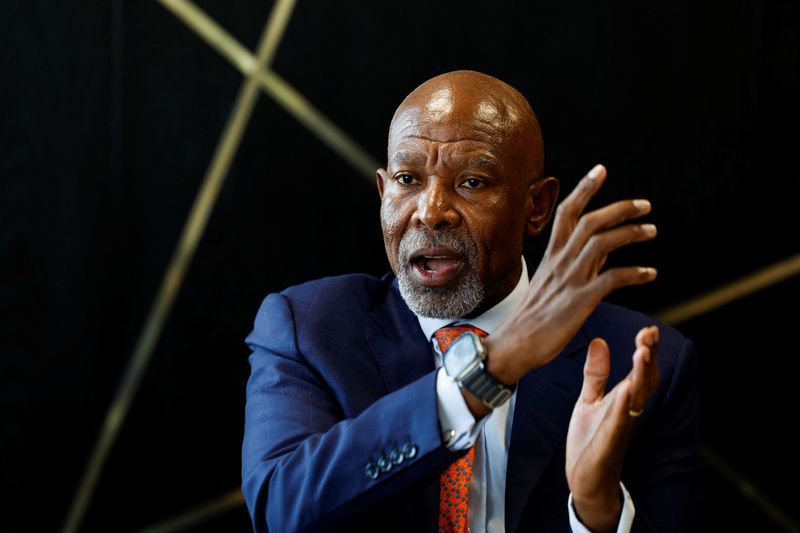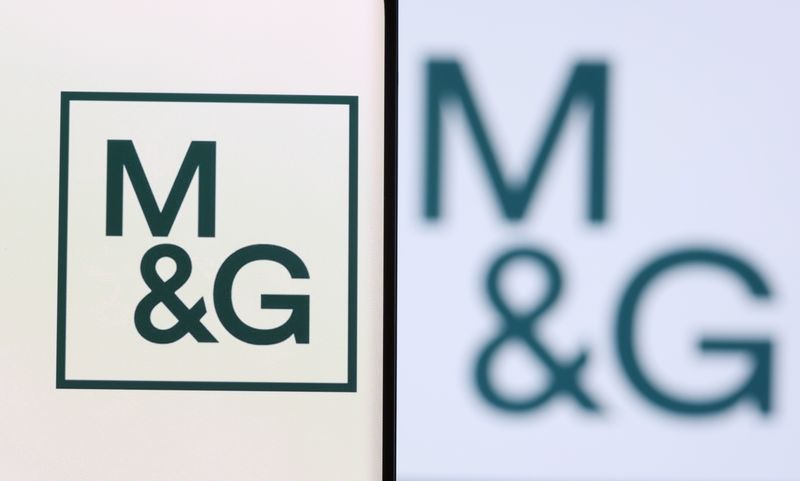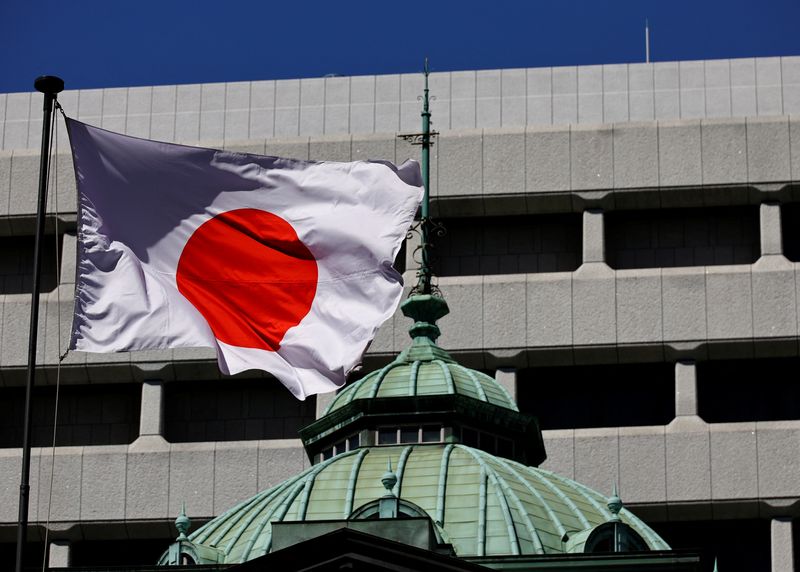South Africa central bank joins easing club with 25 basis point rate cut

By Kopano Gumbi, Tannur Anders and Bhargav Acharya
PRETORIA (Reuters) -South Africa’s central bank struck a measured tone after its first rate cut in more than four years on Thursday, saying although inflation had fallen faster than expected there were still risks to the outlook.
The South African Reserve Bank (SARB) lowered its main lending rate to 8% from 8.25%, as predicted by economists polled by Reuters, a day after data showed headline inflation fell just below 4.5%, the middle of the central bank’s target range.
SARB Governor Lesetja Kganyago said the Monetary Policy Committee debated whether to hold the repo rate, lower it by 25 basis points (bps) or reduce it by 50 bps.
“In the analysis we found 25 to be a prudent stance to take,” Kganyago told a press conference. “You’ve got to be cautious. Adventurism is not part of our monetary policy toolkit,” he added.
The decision follows the U.S. Federal Reserve’s larger-than-expected 50-basis point rate cut on Wednesday, and makes South Africa the latest emerging market to embark on a monetary easing cycle after early movers in Latin America and central Europe.
Prior to Thursday’s cut, the SARB had kept the repo rate unchanged at seven policy meetings in a row. Before that it raised rates 10 times consecutively.
Sisamkele Kobus, a fixed income analyst at asset manager Ninety One, said she expects the central bank to only lower its repo rate in small increments at future meetings.
For much of the past three years annual inflation has been near the top of the central bank’s target band or above it, averaging 5.9% in 2023 and 6.9% in 2022.
But it dropped sharply in July and further in August.
The SARB said on Thursday that it thought progress bringing down inflation would be sustained, “with inflation contained below the 4.5% midpoint of our range through to the end of the forecast horizon, in 2026”.
It noted that inflation expectations were slowly moving in the right direction, as shown in a recent quarterly survey.
“As long as headline inflation stabilises at lower levels, we anticipate further progress in re-anchoring expectations around the middle of our target range,” the bank said in its statement.
Economic growth is expected to improve in the final two quarters of this year, bolstered by power utility Eskom suspending rolling power blackouts and higher consumer spending spurred by the government’s “two-pot” pension reform.
The rand currency has also benefited from confidence linked to the formation of a coalition government following May’s election, when the African National Congress party lost its majority in parliament, but on Thursday it was little changed after the rate reduction was announced.
Economists expect another 25 bps rate cut in November, at the SARB’s final monetary policy meeting this year.







